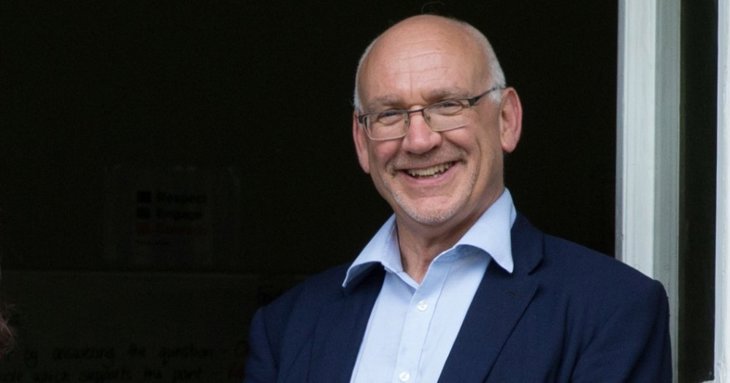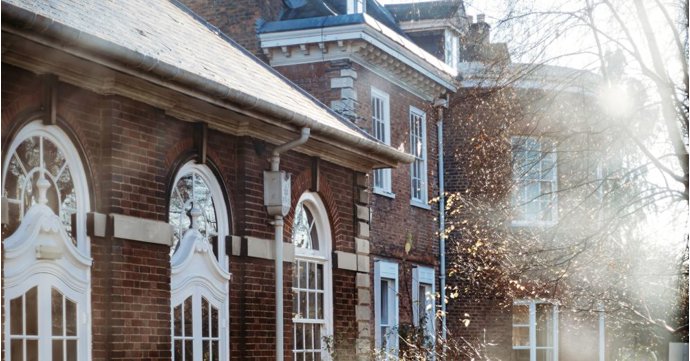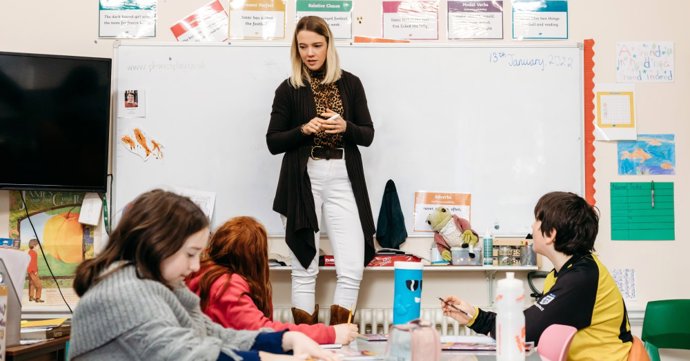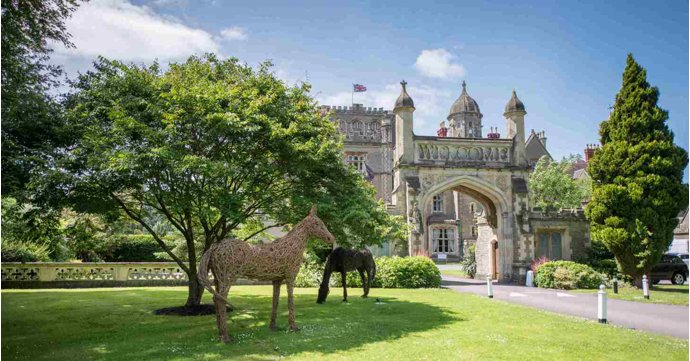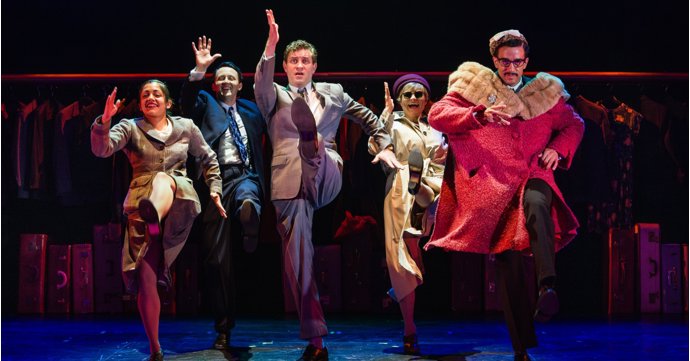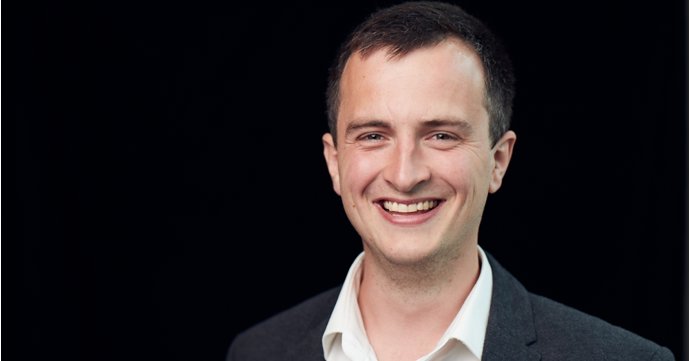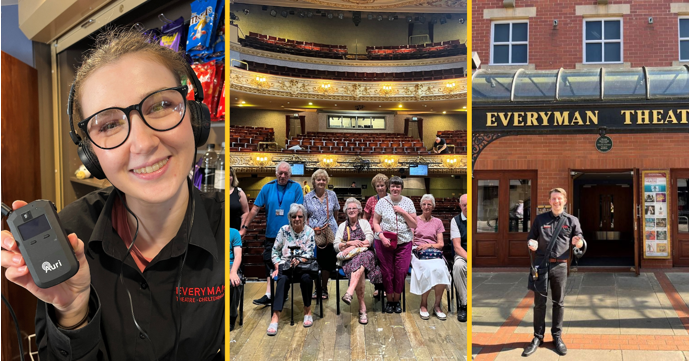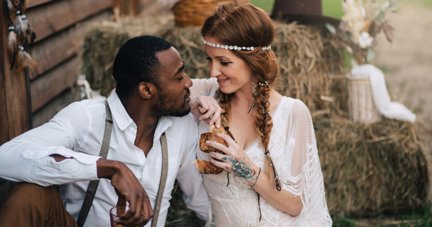Offering an education ‘grounded in the real world’ for children aged seven to 16 and the chance to gain internationally recognised qualifications, Wotton House International School in Gloucester certainly stands out from other independent schools in the area.
SoGlos spoke to principal and proprietor, Daniel Sturdy, to discover how the focus on continuous assessment could be of more benefit than paper-based exams, and explores the wealth of extra-curricular subjects available, from astronomy to song writing.
About the expert – Daniel Sturdy of Wotton House International School
Housed within a stunning Georgian property on the outskirts of Gloucester, Wotton House International School is run by Daniel Sturdy, whose team of staff includes an artist in residence – and an animal assistant.
Sturdy was previously involved in the start-up and running of a nursery, a specialist school for dyslexics and Cambridge International School, too.
For more information, visit wottonhouseschool.co.uk.
In what ways does Wotton House take an international approach to education?
We are an international school primarily in that we are an International Baccalaureate World School.
This means we are part of a family of 5,000 schools worldwide that all share the same basic principles and many of the same approaches to teaching and learning.
The beauty of being an IB school is that qualifications are internationally recognised, helping to smooth the transition between different schools in different countries for international families.
Why do you feel that the International Baccalaureate Middle Years Programme sets secondary school children up well for their future?
Firstly, there is a strong emphasis on exploring the links between subjects. Every year, we teach a different inter-disciplinary unit that combines two subjects, to highlight the connections between maths and art, for example.
Secondly, this education model prepares children for tomorrow’s world today, with learning grounded in the real world. Teachers are always able to answer the question ‘why am I learning this?’.
Thirdly, assessment is authentic, ongoing and interesting. End of course exams are available for students who want to take them, but they are on-screen exams that test critical thinking skills and deeper conceptual understanding, rather than just knowledge.
Fourthly, all subjects are taught from a global perspective, which raises ambitions and opens minds.
Finally, the purpose of learning goes beyond self-improvement to a much deeper service to community – ‘to make the world a better place’.
How do IGCSEs, now being offered as an option for Years 10 and 11, differ from GCSEs?
We offer some IGCSEs as an additional qualification for those who aren’t quite ready to cut their ties with the National Curriculum.
IGCSEs are essentially the same as GCSEs, but with an international dimension. This varies from subject to subject – in many subjects, the content will look almost exactly the same as for GCSEs.
What’s on the curriculum for younger children?
In the Prep, we follow the Cambridge Primary Curriculum; this is an exciting curriculum, full of experiential learning opportunities.
Students enjoy all the usual primary-school subjects, like English, maths, science, art, etc. We also enjoy enriching learning through added subjects, like Global Perspectives, where students learn about broader world issues, such as water usage, world health issues and human rights.
We spend one day every week at our outdoor education centre, where the students take part in rewilding and conservation activities – they also help to care for our herd of four wild Dartmoor ponies.
What purpose does your campus in the Forest of Dean fulfil?
The Wilderness Centre provides us with regular, structured opportunities for students to take part in learning outside the classroom.
Students from the Prep complete the John Muir Award at the highest Conserver level; they take part in rewilding, conservation and team building activities.
Children get to feel they can really make a difference to their local environment by planting trees, growing vegetables and immersing themselves in nature.
Students enjoy taught instructor-led activities, such as archery and air rifle shooting, guided walks, exploring the tunnels, climbing trees and the crate stack.
What sort of activities can older students get involved in as part of their daily elective ‘club’ session?
The range of extra-curricular subjects changes from term to term. At the moment, it includes fencing, astronomy, judo, yoga, podcasts, drama, crafts, photography, table tennis, book club, song writing, calligraphy, jazz club, art and mindfulness!
How does the school create a relaxed learning environment?
I think a relaxed environment is set by the staff, who are confident in what they do, by my wife and I, as owners who enjoy and believe in what we do, by our students who are both enthusiastic and reflective, by our beautiful, historic building in which we learn and finally, by our many and varied animal assistants.
Tell us about River, the latest addition to your team.
River is an American miniature horse, he loves Wotton House! His full profile is on our school website.
For more information and details of upcoming discovery days, visit wottonhouseschool.co.uk.

In partnership with Wotton House International School | wottonhouseschool.co.uk



